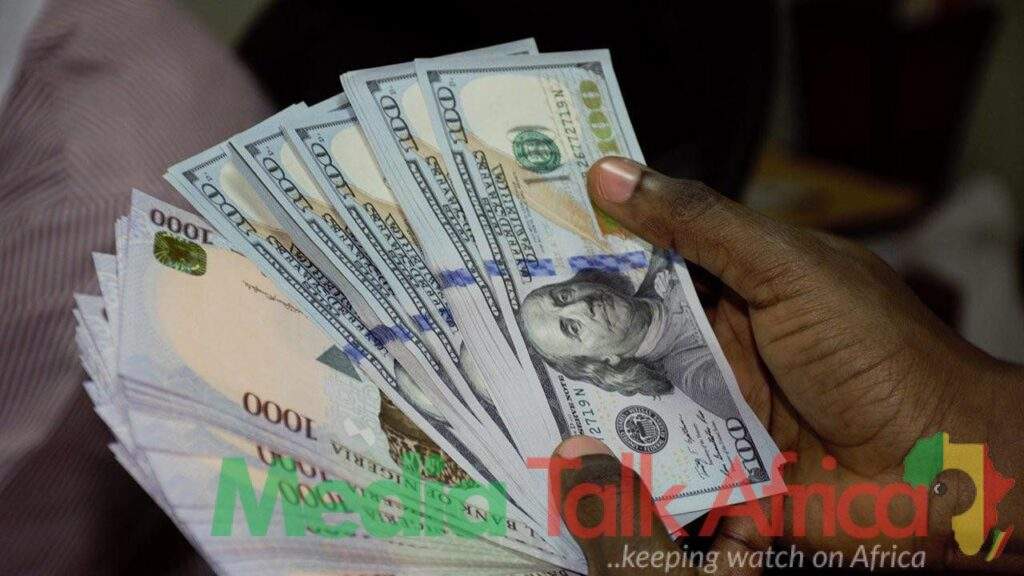An evaluation of the overseas alternate market knowledge for the third quarter confirmed that the Naira depreciated by at the least 23 per cent against the US greenback.
The interval noticed the constant instability and volatility of the Naira on the foreign exchange market regardless of liberalization reforms launched by the Central Bank of Nigeria on June 14th.
According to FMDQ overseas alternate fee knowledge, the official fee on the finish of Q3 was N755.27/$1, a drop from N769.25/$1 on the finish of Q2.
Meanwhile, on the parallel market, Naira plummeted from N770/$1 exchanged in Q2 to N1000/$1 on the finish of Q3, ensuing in a staggering 23 per cent depreciation.
The growth comes when the exterior reserves have slipped from $34.1 billion on the finish of Q2 to $33.2 billion, elevating additional questions on Nigeria’s financial stability.
Speaking with Media Talk Africa on Wednesday, Idakolo Gbolade, Chief Executive Officer of SD & D Capital Management, stated speculative actions across the foreign exchange market and the Federal Government’s lack of ability to generate sufficient FX have been the explanation for the continued decline in the worth of the Naira in Q3.
According to him, CBN’s perceived silence as the primary regulator had additionally exacerbated the reign of profiteering in the foreign exchange market to the detriment of the nation’s foreign money.
He urged that the Federal Government, by way of the CBN, should transfer rapidly to avert the nation’s foreign exchange market disaster by tightening the regulatory belt round operators.
“The speculative activities around the foreign exchange market, coupled with the inability of the Federal Government to generate enough FX to intervene in the market, have been the major cause of the continuous decline in the value of the Naira.
“The perceived silence of the CBN’s main economic regulator has given free rein to excessive profiteering in the forex market. The present position of the Naira to the US dollar was predicted about three months ago, but unfortunately, nothing was done to stem the tide.
“The Federal Government, through the CBN, needs to move quickly to salvage the situation with both fiscal and monetary policies before it becomes a major policy failure of this administration.
“The CBN should also tighten its regulatory belt around the operators in the market to check excessive profiteering,” he stated.
